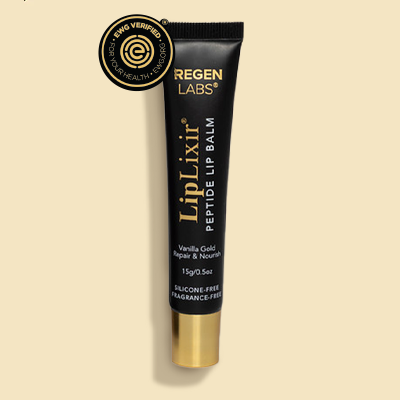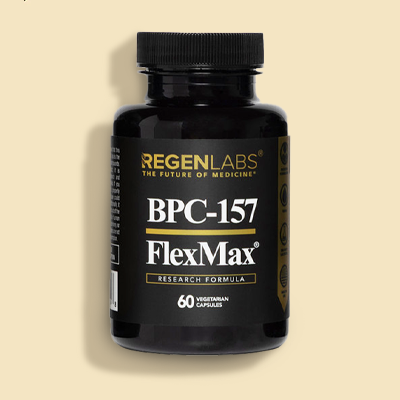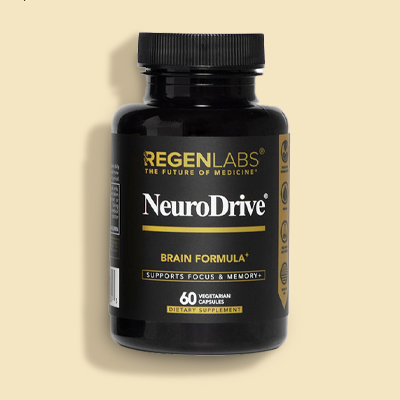Many people are familiar with the term "brain fog," which refers to a fuzzy feeling in the head. When you're in this state, you'll feel as if you're walking through a fog, and it will take you a long time to process your thoughts effectively.
Meanwhile, attention deficit hyperactivity disorder (ADHD) impairs your capacity to think and might make you feel as if your head is fogged up.
Then, is there any connection between ADHD and brain fog? Are adult ADHD and brain fog the same? Read on to find the answer about the relationship between these two conditions and discover appropriate therapies for each type.
RELATED: How Do Nootropics Work As 'Cognitive Enhancers'
The Connection Between ADHD And Brain Fog
What Is Brain Fog?
The word "brain fog" refers to a state of mental weariness. Depending on the intensity, it may impact your ability to complete your work. A lack of mental focus can make you feel like you're moving slowly through a fog.
Brain fog is neither a medical condition nor a disease. This is a type of cognitive impairment that includes the following symptoms:
- Inability to concentrate
- Insufficient mental clarity
- Memory issue
- Fatigue and sleepiness
- A cloudy feeling
- Slow movements
- A failure to put your thoughts into words
What Causes Brain Fog?
Brain fog can occur for a variety of causes. The following are some of the most common causes of this syndrome.
- Low thyroid function. Your metabolism functions slowly when you don't have enough thyroid hormone, reducing blood flow to the brain and reducing energy output. Furthermore, it increases the production of the stress hormone cortisol.
- Brain injuries. Your skull protects your brain from most injuries. Yet, your brain can move inside the skull if a traumatic incident happens. The collision can induce bruising and bleeding in the brain's soft tissue, leading to brain fog.
- Dehydration. Your brain is one of the first organs to show indications of dehydration. Even a 2% dehydration can have a significant impact on mental function.
- Stress. Adrenal Dysfunction occurs when adrenal glands generate an unusual amount of the stress hormone cortisol. Your brain fog may develop as a result of this.
- COVID-19. According to a survey, 22-32 percent of patients who recovered from COVID-19 still have brain fog due to COVID experience or post-acute symptoms of SARS-CoV-2 infection.
What Is ADHD?
ADHD (attention deficit hyperactivity disorder) is a brain-wiring difference previously only noticed in youngsters. The symptoms may vary once patients get older. Instead of hyperactivity, adults with ADHD frequently experience memory and focus issues.
There are three forms of ADHD, including:
- Predominantly inattentive presentation. It's difficult for the person in this state to arrange or complete a task. The person is easily sidetracked and forgets details.
- Predominantly hyperactive-impulsive presentation. The person is restless and has a hard time controlling their impulsivity. Being in this state, the child can't sit still for a long time.
- Combined presentation. The person in this state exhibits symptoms of both categories.
Is There Any Link Between ADHD And Brain Fog?
People with ADHD can also suffer from brain fog. Various symptoms of predominantly inattentive ADHD are similar to those of brain fog.
According to a study, sleep difficulties affect 25 to 55 percent of youngsters with ADHD4. Meanwhile, 43% of adults with ADHD have sleep disturbance and insomnia as well. Poor sleep quality impacts your thinking ability. According to studies, people with ADHD and sleep issues are more likely to:
- have poor concentration
- be sleepy and tired during the daytime
- experience dysfunction in processing information
- have difficulty with language
Some medicines used to treat ADHD can create brain fog as a side effect.
Noticeably, when their brain or nervous system is inflamed, many symptoms are related to the term "brain fog." Moreover, inflammation is also linked to the onset of ADHD. Early exposure to inflammatory pollutants such as cigarette smoke can raise the risk of ADHD in children.
There is no cure for ADHD, yet medication can help to alleviate the foggy feeling. Stimulants and non-stimulant medicines are the first-line pharmacological treatment for ADHD. It is possible to achieve greater results by simultaneously treating ADHD and sleep difficulties. People with ADHD should take extra precautions to ensure they are adequately rested. Consult a medical professional if you're seriously suffering from a sleep disorder.
Supplements including vitamin B12, omega-3 fatty acids, ginseng, and curcumin are linked to improved memory, concentration, and cognitive-related functions.
NeuroDrive™ - Reduce Brain Fog, Regain Mental Clarity
Regen Labs' 100% natural & vegetarian formula is potent at stimulating neuroactivity with the most innovative ingredients, including Bisbuthiamine, Centrophenoxine, Trans-Ferulic Acid, Bacopa, L-Tyrosine, and Huperzine A, etc. The proprietary blend can relieve oxidative stress, support healthy cell structure, metabolize glucose, enhance memory, and reduce brain fog.
It's important to conduct a medical examination and talk with your doctor to discuss the recommended daily dosage based on your physical condition and existing prescription (if any).
It is a lot to think about! We get it. Regen Labs has options for you if you have questions about ADHD and brain fog. All Regen Labs products support the body's natural systems for a healthy brain, skin, muscle, and sexual health.
Regen Labs products contain research-proven ingredients to boost the body's natural ability to be healthy without toxins or synthetic chemicals.
Let's talk! If you have questions, we would love to connect. Contact us today.
Up Next:
- Ingredients Found In Anxiety Supplements That Can Help Calm Brain Chemistry
- 10 Ways to Boost Your Mental Energy











